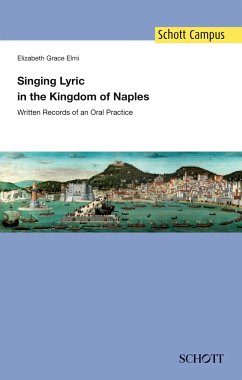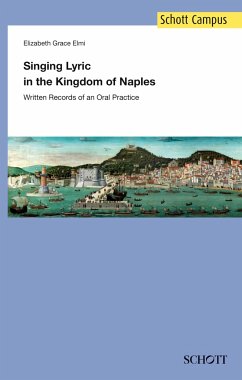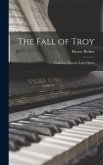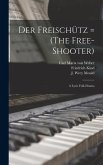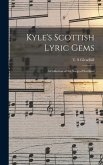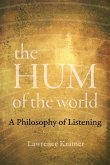This book examines the predominantly oral practice of singing lyric poetry among members of the Neapolitan aristocracy in southern Italy during the late-fifteenth century. The tradition of singing Neapolitan lyric developed and gradually gained ascendancy in the Kingdom of Naples over the nearly sixty years of the Aragonese dynasty (1442-1501)-both in the capital city of Naples and at feudal courts throughout the Kingdom's rural provinces. The surviving song repertory and its preservation in late-fifteenth-century musical and literary sources bear witness not only to these varied performance contexts, but also to the inherently communal aspect of the tradition as a whole. Combining musicological, ethnomusicological, and literary theoretical approaches, it interrogates the fixity and purpose of this written repertory in preserving a fluid and dynamic oral practice that flourished as the artistic expression of a subjugated class-Neapolitan nobles and intellectuals living under Aragonese rule. The manuscript collections, historical descriptions, theoretical and literary works that preserve and transmit the records of this oral practice demonstrate how writing was used to record, recollect, recreate, and ultimately memorialize a communal practice of song-making-lending value and legitimacy to the Kingdom's local aristocracy-during a tumultuous time in the history of southern Italy. Some copies, perhaps preserved on less durable media, have likely been lost while others preserve traces of orality with varying levels of fixity and transformation. How and why these records were created and preserved is the central question that this study seeks to answer.
Bitte wählen Sie Ihr Anliegen aus.
Rechnungen
Retourenschein anfordern
Bestellstatus
Storno

